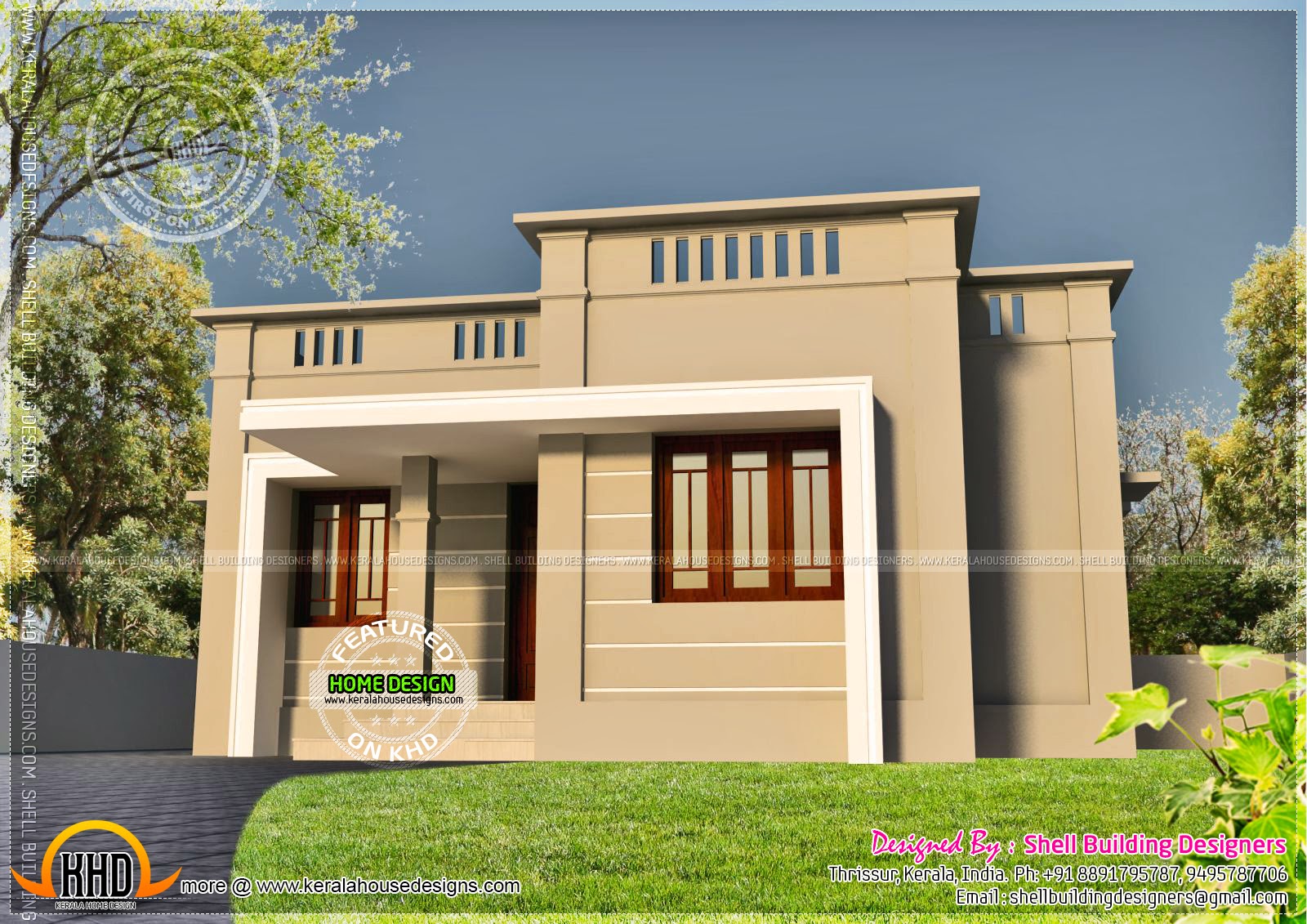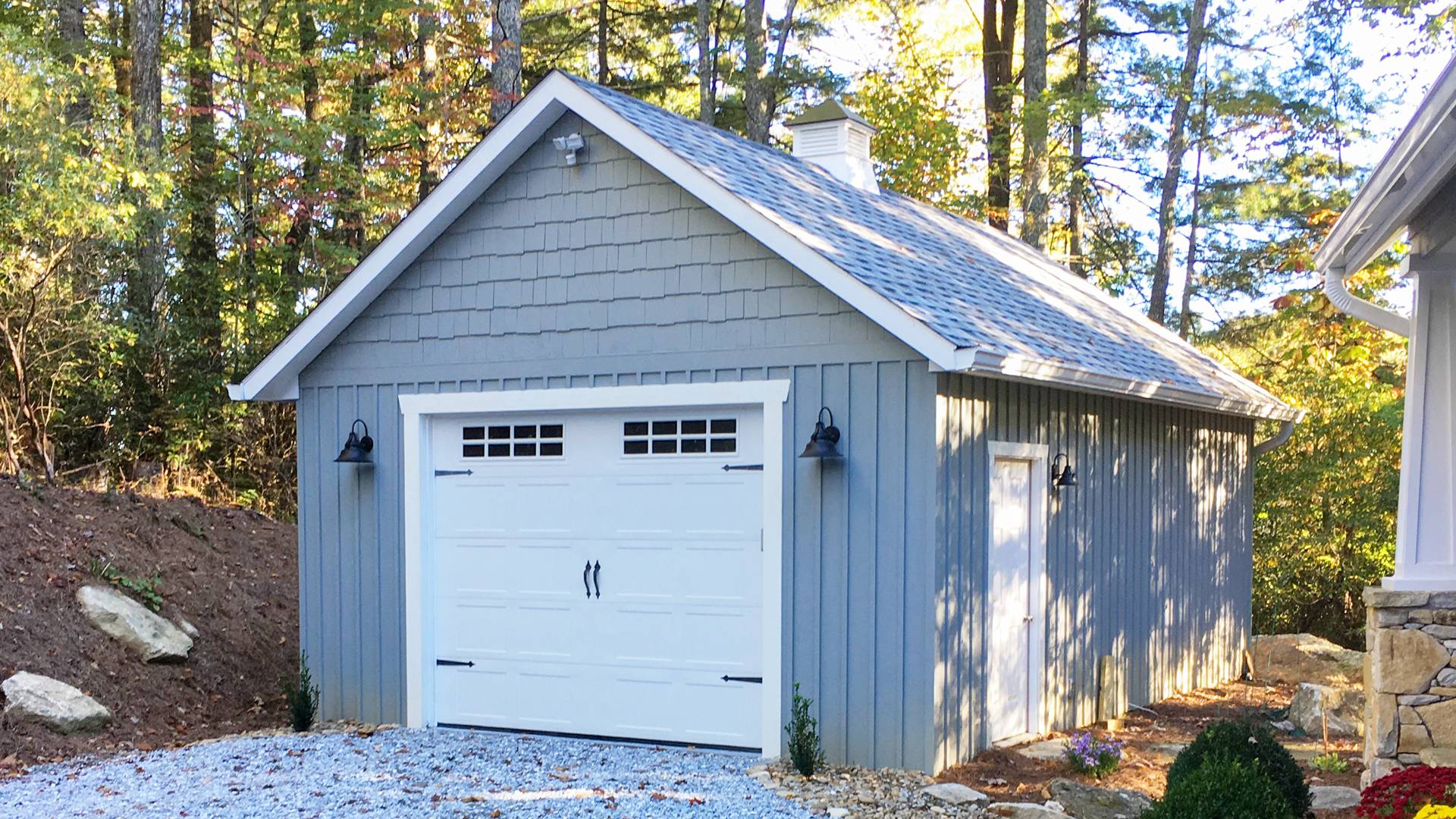
Both engineering and architecture require a lot of skill and knowledge. They all deal with building design, engineering, and technological applications. Architecture is more about aesthetics while engineering is focused on safety and functionality.
Today's architects and engineers share a common goal: to make buildings that are beautiful, sustainable, and functional. Their task is to ensure safety and keep the human condition top of mind. They work together to design designs that satisfy customer requirements and meet local standards.
While architects and engineers are essential for the success of any project, they aren't the only ones in the building industry. It is necessary to have mechanical engineers, structural engineers, plumbers, and other professionals. All these professionals are experts and work together in order to ensure that every project runs according to plan.

Architectural engineers work with architects and other building construction professionals to create engineering plans and blueprints. The engineer designs the building while the architect creates the plan. They also make decisions regarding the construction materials.
Fortunately for architecture and engineering students, there are plenty of options available to learn the necessary skills. The University of Washington has one of the top programs in the country. The school has a diverse faculty that includes world-class professors in a range of disciplines. The school offers both undergraduate and graduate degrees. The master's degree in architecture at the University of Wisconsin is intended to teach students about the science and art of building. This program includes coursework in the history of architecture, computer-aided designing and drafting, as well as project management.
The most comprehensive survey of the profession indicates that employment will increase about as fast as average for all occupations in the coming years. The Bureau of Labor Statistics estimates that there will be 91,300 new positions to fill over the decade. There will be 200,900 openings each year for architects and engineers. The increasing population of urban dwellers has resulted in an increase in the demand for new buildings, renovations and maintenance.
Skyscrapers are not only beautiful, but are a tribute to the work of engineers and architects. They had to figure out how to make the tallest structure possible, using technology to construct a structure that is both aesthetically pleasing and sturdy. To actually erect the tallest buildings, they used steel.

Fortunately for architects and engineers alike, a degree in architecture can lead to an exciting career. As a matter of fact, many employers will require their employees to have a bachelor's degree in architecture before they can apply for a position. It doesn't mean that you cannot enter this field without a bachelor's degree in architecture. A bachelor's degree is an excellent starting point to a career as an architect, provided you're willing to put in a little more time at school.
FAQ
How can I avoid being taken advantage of when I renovate my house?
Knowing what you're paying for is the best way to avoid being scammed. Make sure you read every word of the contract before signing it. Don't sign any contracts that aren't complete. Always ask for a copy of the signed contract.
How do I choose a good contractor?
Ask friends and family for recommendations when selecting a contractor. You can also look online for reviews. You should ensure that the contractor you select has experience in the field of construction you are interested. Get references from other people and review them.
Should I hire an architect or builder?
If you are planning to renovate your own home, it may be easier to just hire someone else to do the work for you. If you're looking to purchase a home, an architect or builder can help you achieve your goals.
How much does it set you back to renovate your house?
Renovations usually cost between $5,000 and $50,000. Renovations typically cost homeowners between $10,000 and $20,000
Is it possible to live in a house that is being renovated?
Yes, I can live in my house while renovating it.
Are you able to live in your house while the renovations are ongoing? The answer depends on how long the construction work takes. If the renovation process lasts less than 2 months, then yes, you can live in your home while it's under construction. However, if the renovation project lasts longer than two months, then no, you cannot live in your home while the renovation is taking place.
It is important that you do not live in your home during major construction. Noise pollution and dust from heavy machinery on the job site could also be a problem.
This is especially true if your house has multiple stories. The vibrations and sounds that construction workers create can cause damage to your property and contents.
As I mentioned before, while your home is being remodeled, you'll have to manage the inconveniences of living in temporary shelters. This means that you won't have access to all the amenities that come with your own home.
While your dryer and washing machine are being repaired, you won't be able use them. You will also have to put up with the smell of paint fumes and other chemicals as well as the loud banging sounds made by the workers.
These factors can cause stress and anxiety in you and your family. Therefore, it is important to plan ahead in order not to feel overwhelmed by the situation.
When you decide to start renovating your home, it is best to do some research first so that you can avoid making costly mistakes along the way.
You can also consider professional advice from a trusted contractor to ensure smooth running of your project.
How important is it that you are preapproved for a loan?
It's important to be pre-approved for mortgages. This will allow you to determine how much money you can borrow. It helps you to determine if your loan application is eligible.
Statistics
- On jumbo loans of more than $636,150, you'll be able to borrow up to 80% of the home's completed value. (kiplinger.com)
- It is advisable, however, to have a contingency of 10–20 per cent to allow for the unexpected expenses that can arise when renovating older homes. (realhomes.com)
- They'll usually lend up to 90% of your home's "as-completed" value, but no more than $424,100 in most locales or $636,150 in high-cost areas. (kiplinger.com)
- Most lenders will lend you up to 75% or 80% of the appraised value of your home, but some will go higher. (kiplinger.com)
- A final payment of, say, 5% to 10% will be due when the space is livable and usable (your contract probably will say "substantial completion"). (kiplinger.com)
External Links
How To
What should I budget for the restoration of my old home?
The cost of renovating your home depends on how many rooms you want to update, what kind of renovations you plan to do, where you live, and whether you're doing it yourself or hiring professionals. Depending upon the size of the renovation, the average cost ranges between $10,000 and $50,000.
If you plan to sell your house after renovations, the value of the home will likely be lower than its market value. This is because you do not take into consideration the costs for repairs, upgrades, or improvements. You could lose money if the home is not maintained in a good condition before selling. However, investing enough energy and time into improving the appearance of your home can help increase the value you get for it when you list it.
These are some factors that will help you determine which projects you should start:
-
Your budget. Start small if budget is tight. For example, you can tackle one room at a time, such as painting walls or replacing flooring. You can also hire a contractor that specializes in kitchen remodels to make major changes without spending too much money.
-
Your priorities. You decide what you are going to do with your home. One issue can become a major problem quickly, so it's important to choose a single area. If your roof leaks when it rains, it might be necessary to have it replaced sooner than you think.
-
Your timeline. Your timeline. If you're considering buying a property next year and want hardwood floors installed or new bathroom fixtures, then you won't want them to be done right away. To make these upgrades, it might be a good idea to wait until you leave your home.
-
Your skills. Find someone to help you if you don't have the necessary skills. A cabinet maker might be available to help you if your carpentry skills do not allow you to make custom cabinets.